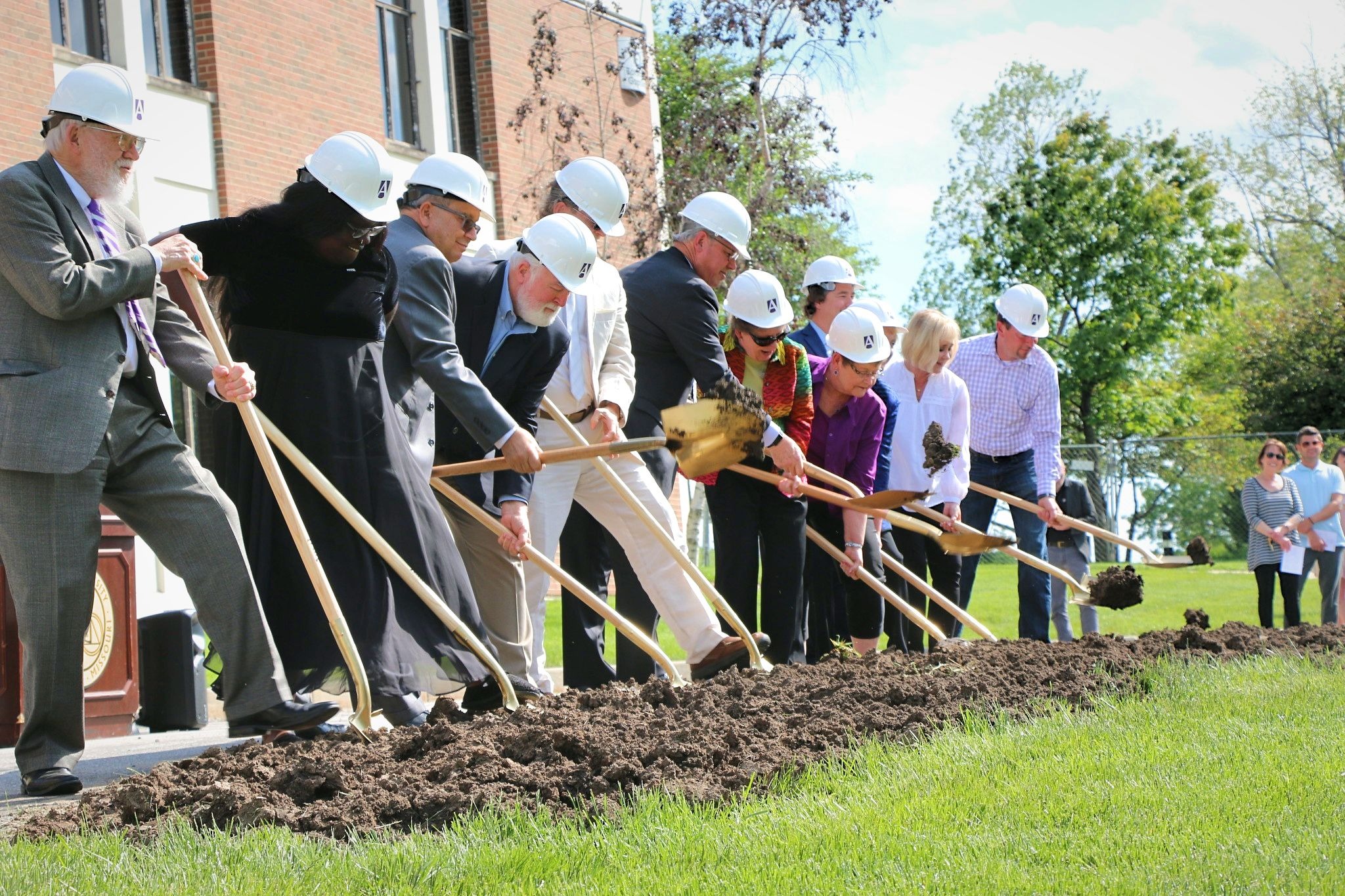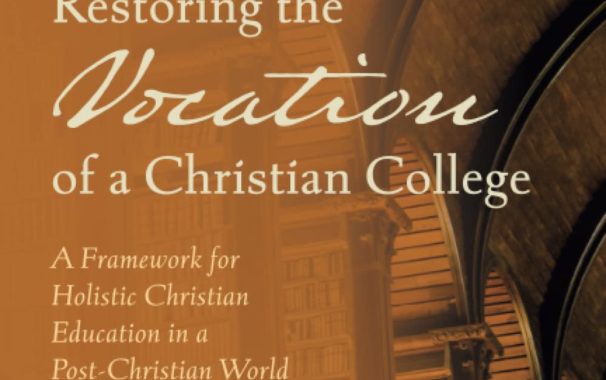After teaching mathematics for over 20 years at the College of the Ozarks, Avila Director of Institutional Effectiveness and Professor of Mathematics, Craig Haile, Ph.D., moved to the Kansas City area when his wife accepted a new job. He completed his first academic year at Avila and was recently published as a contributing author in “Restoring the Vocation of a Christian College.”
“I was not hired to teach … because of my mathematical content knowledge or ability to transmit that content knowledge. Those qualities were necessary but far from sufficient. I was hired to help students appreciate, understand, engage, and do mathematics. Math is hard for most college students, even at what most mathematicians would consider an elementary level. It is easy to be condescending, to signal the fixed mindset that mathematical ability is inborn and set and not something a student can do much about,” said Haile. “If I throw cold water on a student’s belief that they can be successful in mathematics, I set up an obstacle not just in the class but in their ability to grow as problem solvers and critical thinkers, and I discourage them from pursuing a field that requires mathematical thinking.”
What brought you to Avila, and what keeps you here?
Having spent many years at a small, faith-based college with a liberal arts grounding and commitment to the underserved, I was attracted to Avila because of the mission and values, not just excellence in teaching and learning but also the focus on the right relationships and service to the dear neighbor. In my role as Director of Institutional Effectiveness, I have witnessed the caring of the community and the power of the transformative education offered at Avila, not only for traditional-age college students but also for adult learners looking to grow and enhance their professional careers.
What is your connection to the authors/editors of this publication?
This publication is the result of an effort at College of the Ozarks to “encourage faculty to wrestle with what it means to pursue their discipline in light of their (and the) Christian faith” (from the preface, page xi). The contributors and editors are current or past College of the Ozarks faculty and staff.
Interestingly, I have been selected to be part of a group of Avila faculty to participate in a program funded through the Network for Vocation in Undergraduate Education (NetVUE), sponsored by the Council of Independent Colleges (CIC), to “provide training experiences that will help faculty better understand the interrelationship between the liberal arts and the Catholic social and intellectual traditions as well as how to communicate this through course topics, pedagogy, and the classroom experience,” (taken from the application materials). I am excited to explore some of the same ideas as in the publication (interrelation of vocation, charism, ministry, and education) in the context of a Catholic university and as seen through a CSJ lens.
Who do you see as the target audience for this publication?
Although written from the lens of one particular institution, I think this publication would be of interest to any teacher, scholar, staff, or administrator in higher education contemplating the interrelationship of academic disciplines and living out one’s faith and how those interrelationships can be communicated in the classroom and beyond.
What was your contribution to this publication?
I contributed the essay “Faithful Education in Mathematics.” At the time, I looked at this as a reflection of my approach to understanding and teaching mathematics. In the essay, I argue (as others have done before me) that the way to do mathematics “Christianly,” or otherwise, is to do it correctly; that is, the content will look the same regardless of faith tradition. However, I also argue that as a teacher, I can either be a hindrance or a help to students and that as a faithful educator, I should help students flourish. I think there is an opportunity to help students connect logic, reason, and faith and to see that not only does mathematics have utility in helping us understand God’s creation and to make correct decisions in the light of uncertainty, but it can also have a beauty and elegance reflective of the created order, just like arts and literature. I point out that mathematics is built on axioms – unproven assumptions – but that doesn’t make it irrational, and in fact, it is reasonable and useful. I make this point to counter a charge often levied at those whose principles rest on faith – that anything built on belief must not be built on reason.
“Mathematics has presuppositions that must be accepted without proof. One could argue…that mathematics must be taken on faith. I would argue…that doesn’t make it wrong.”

